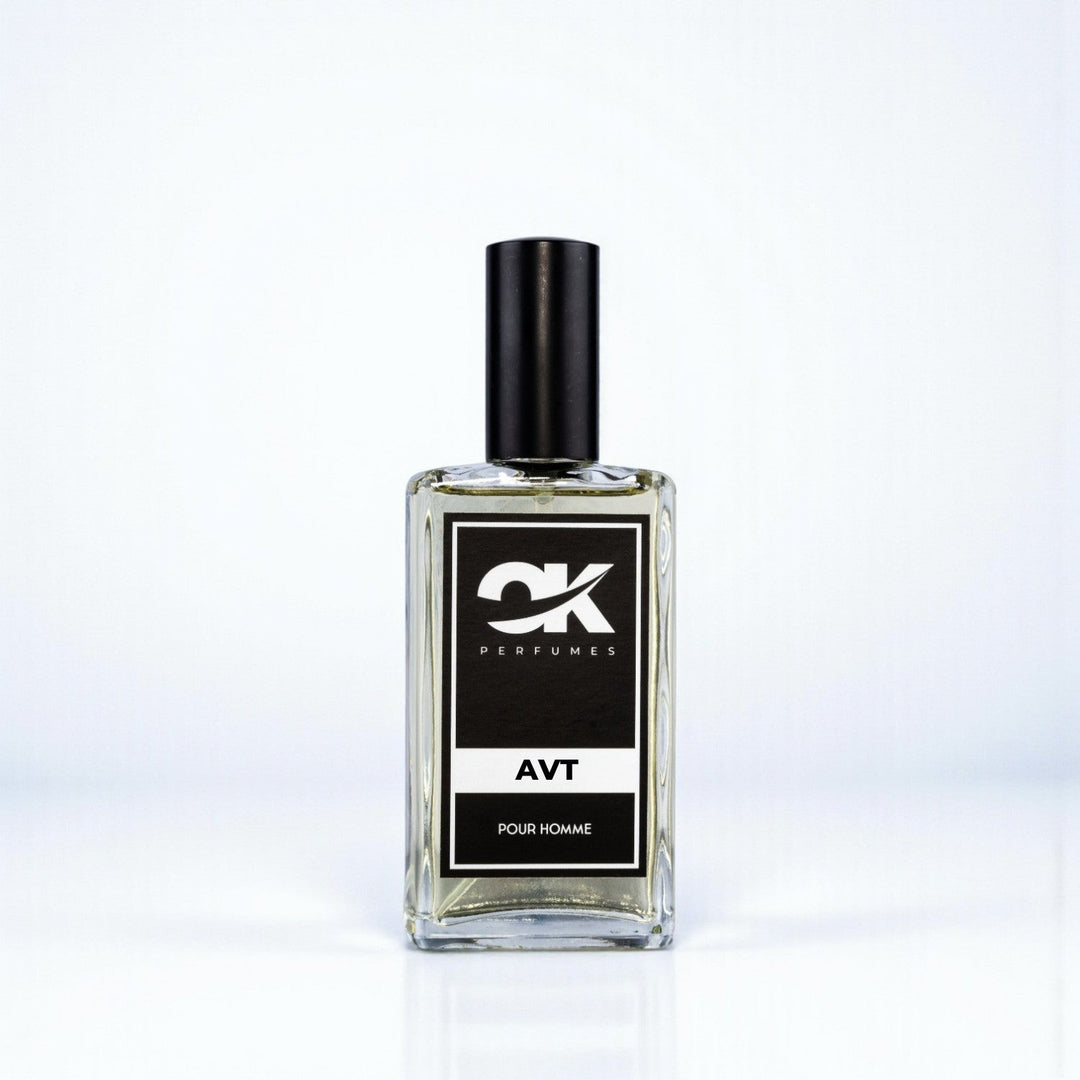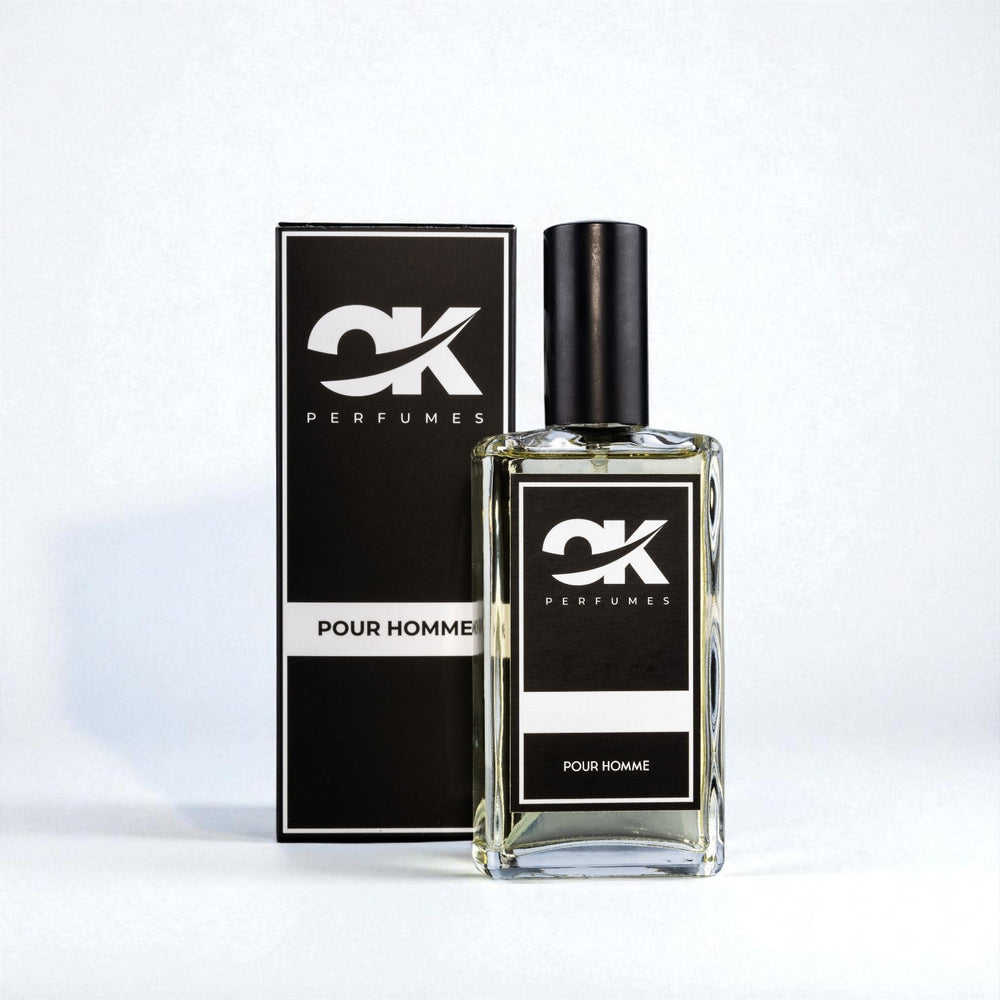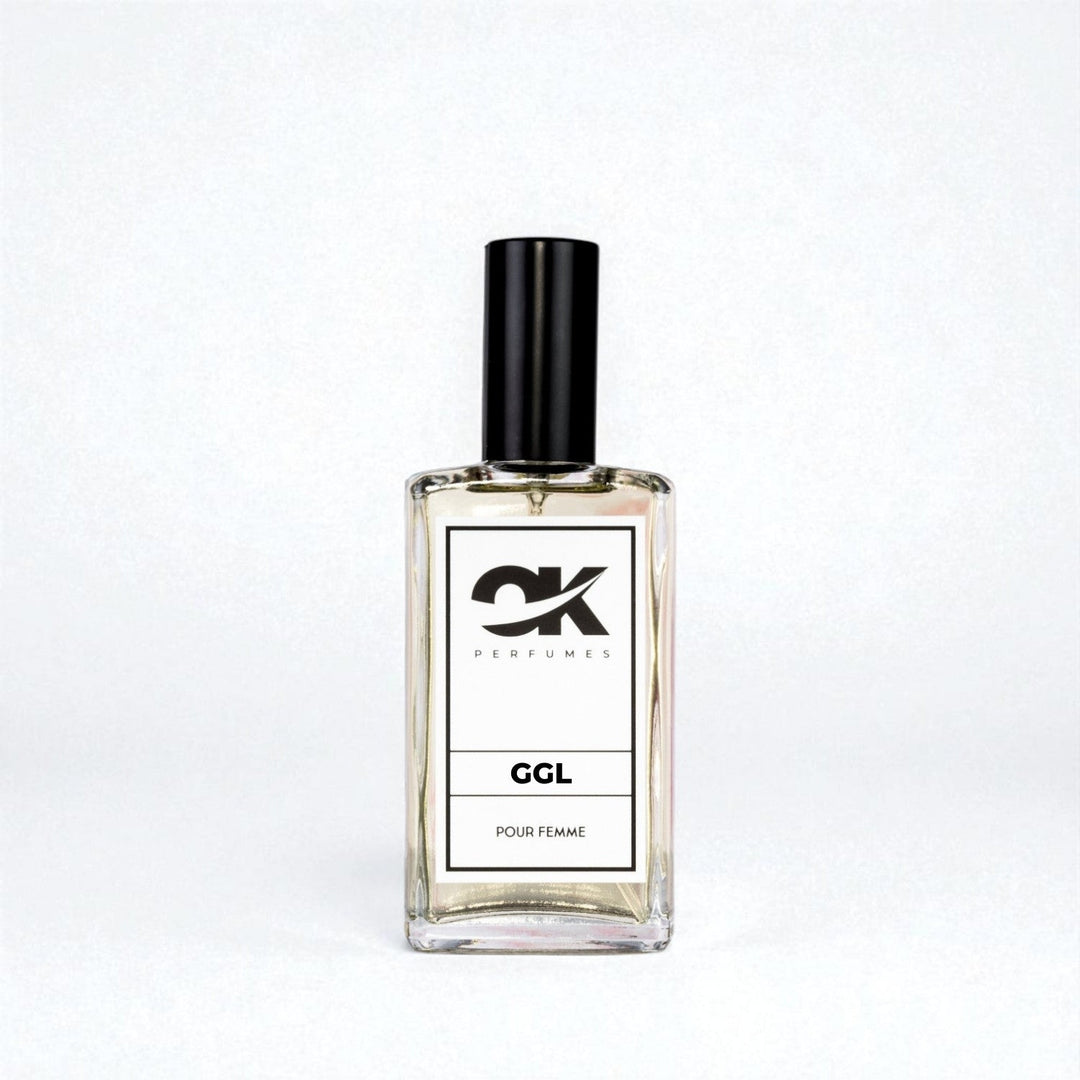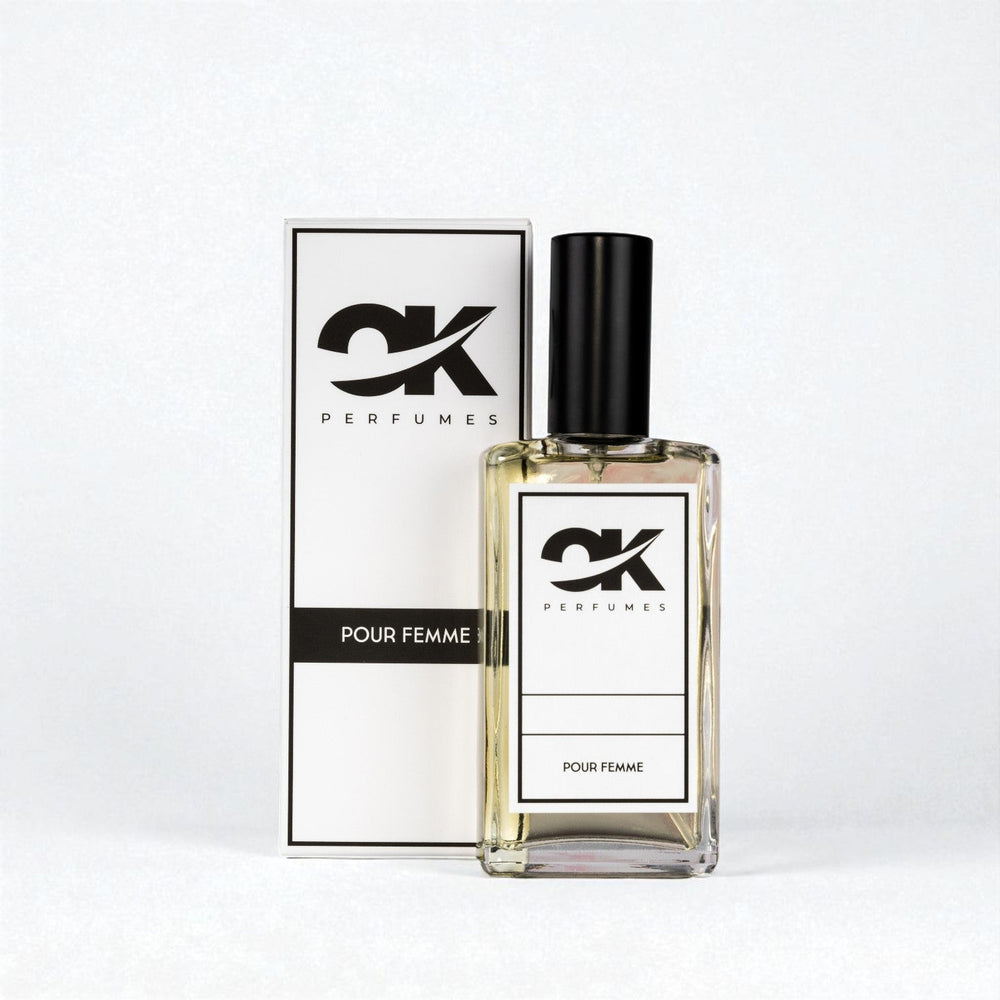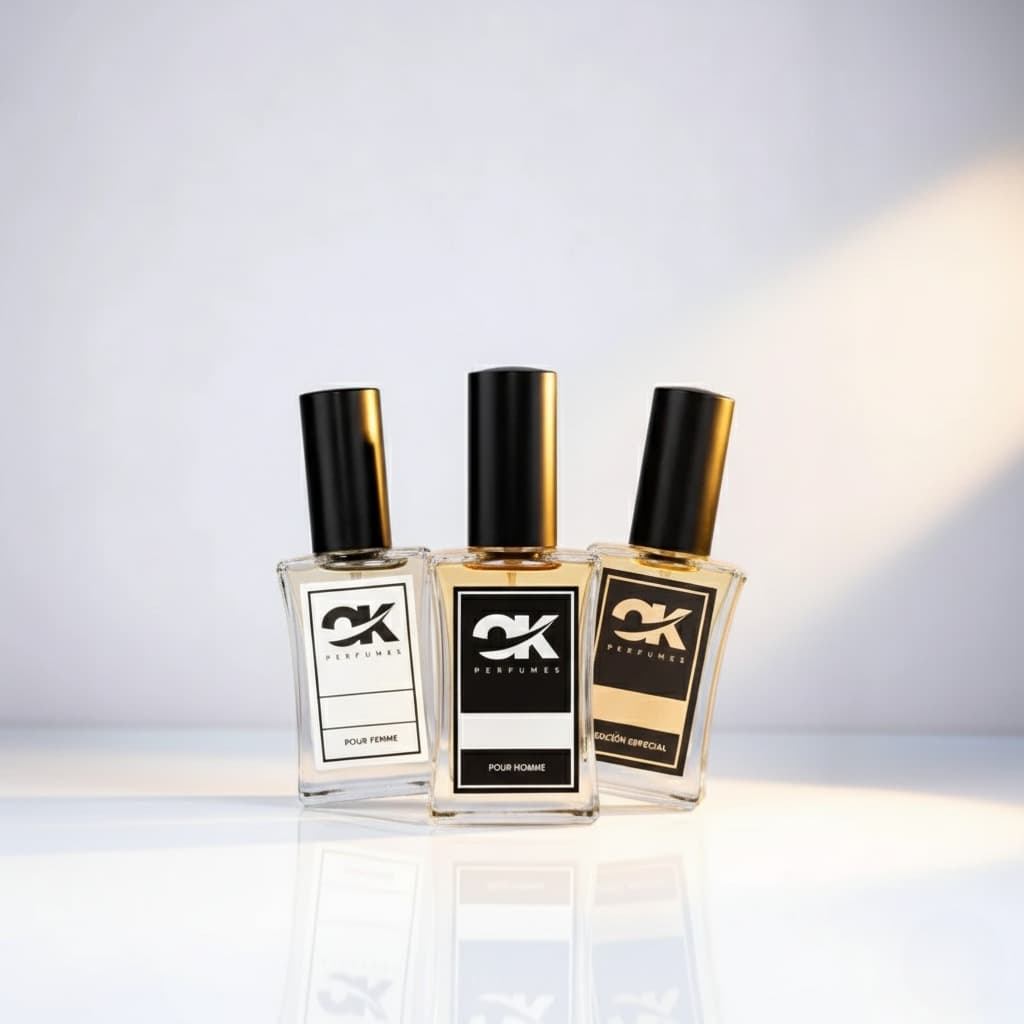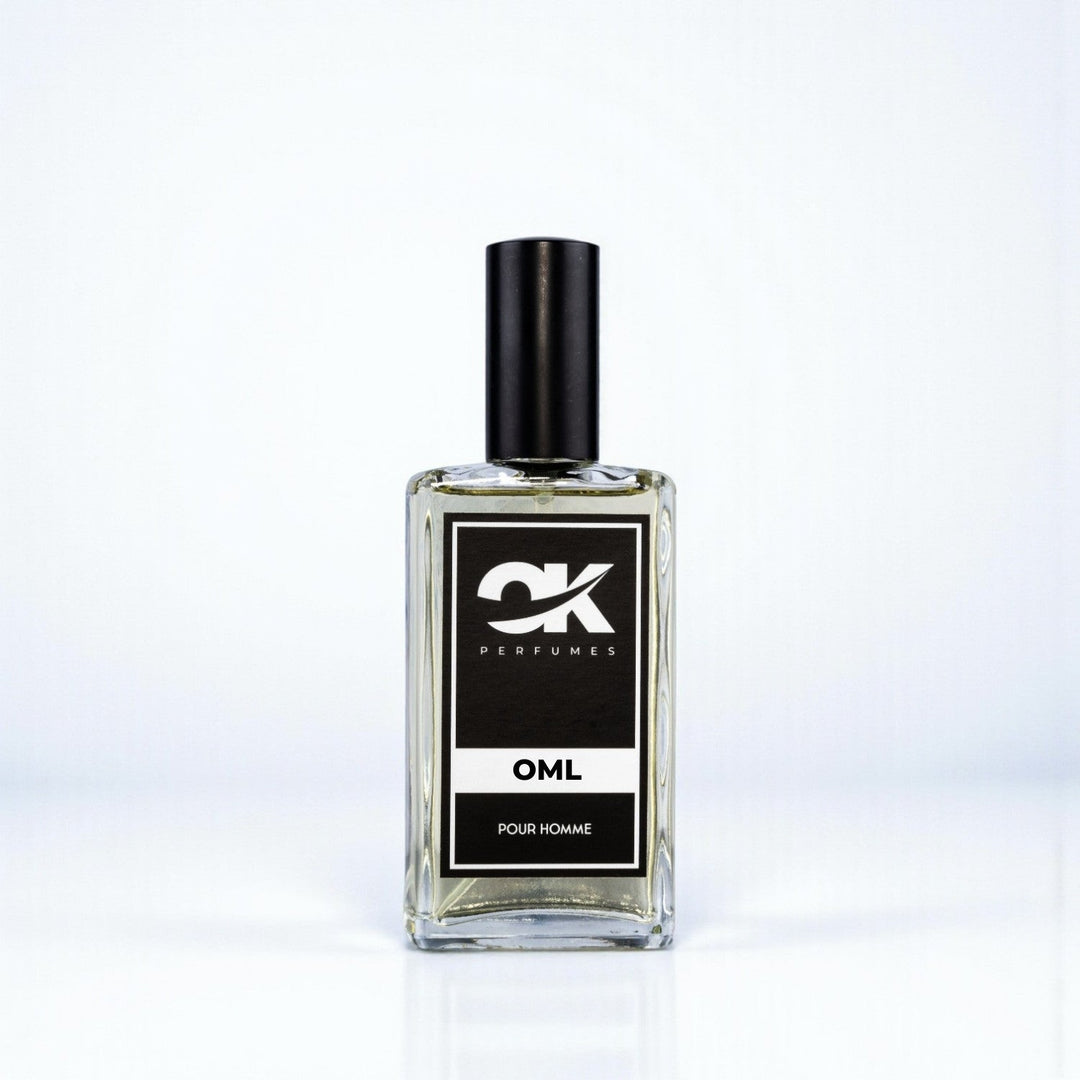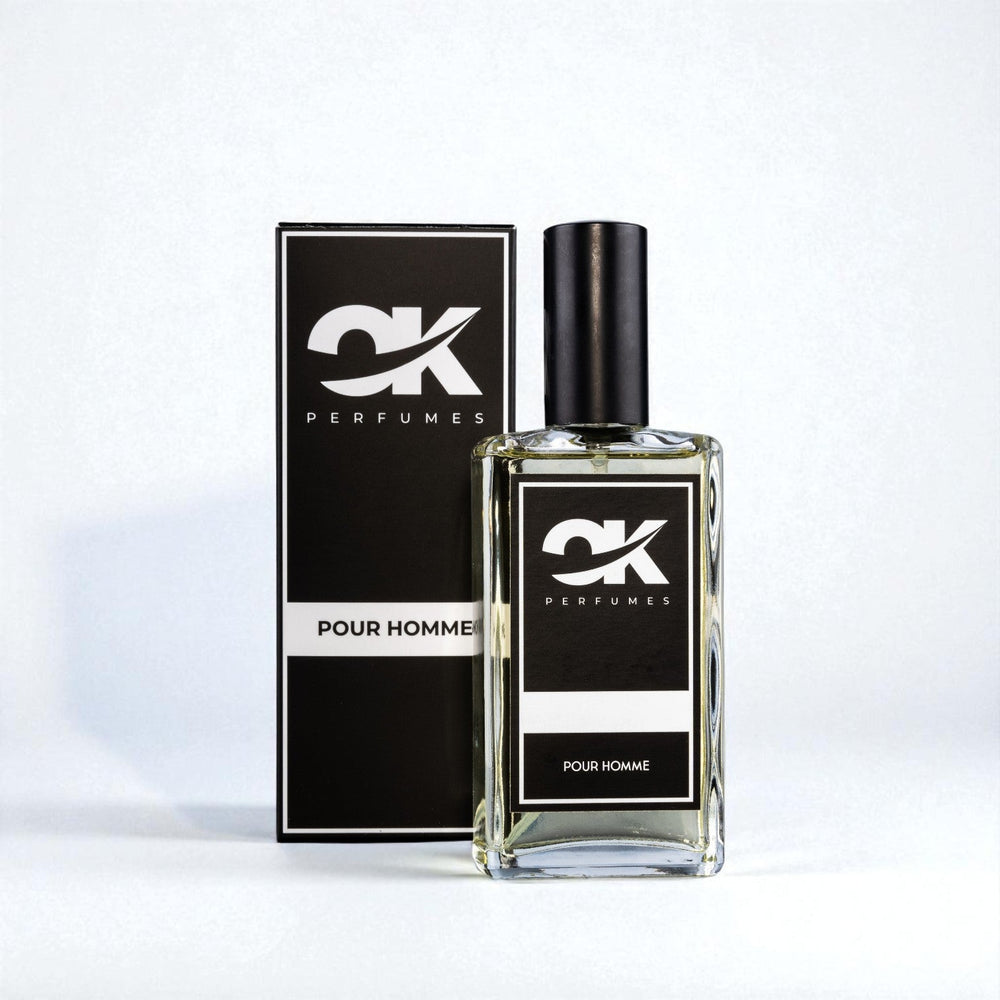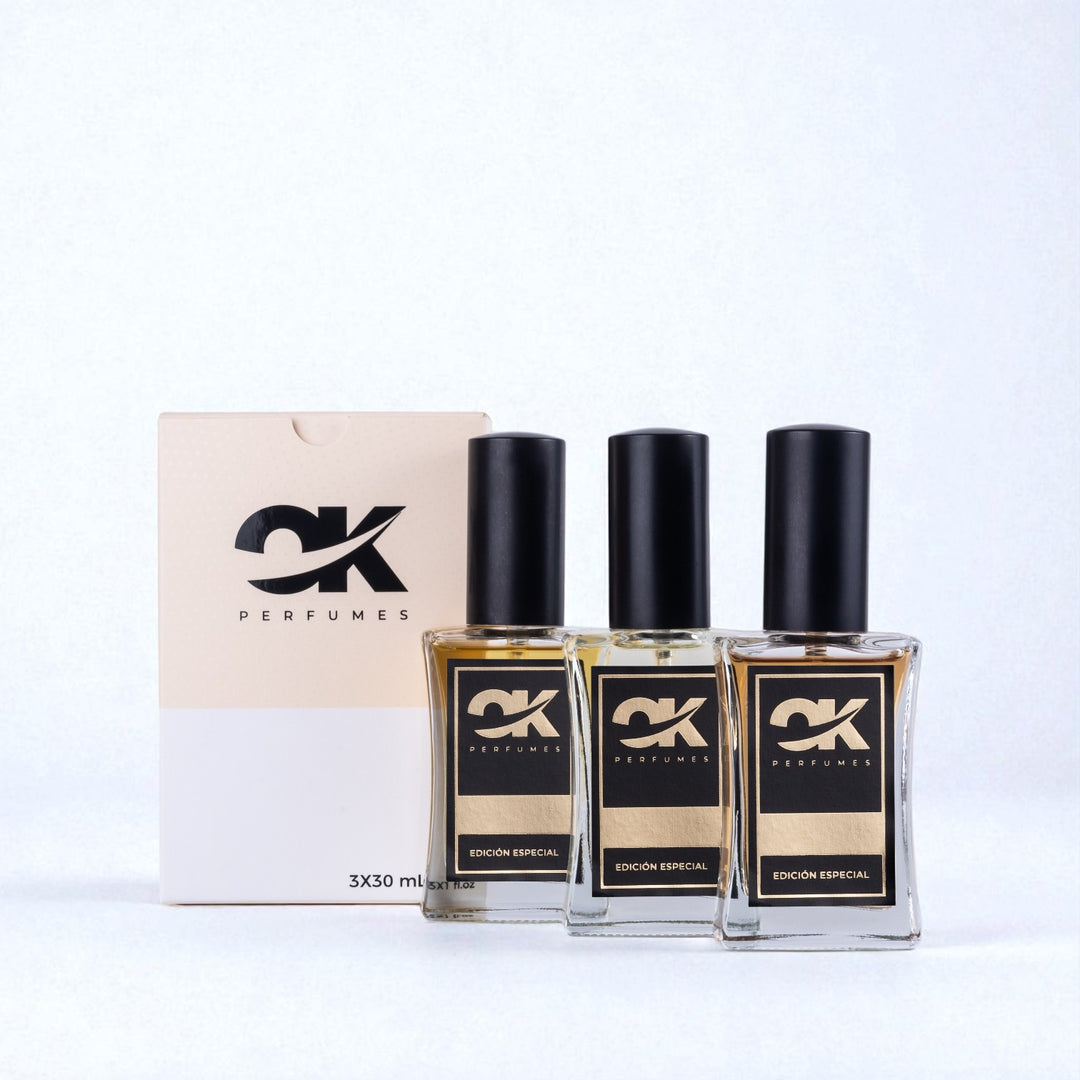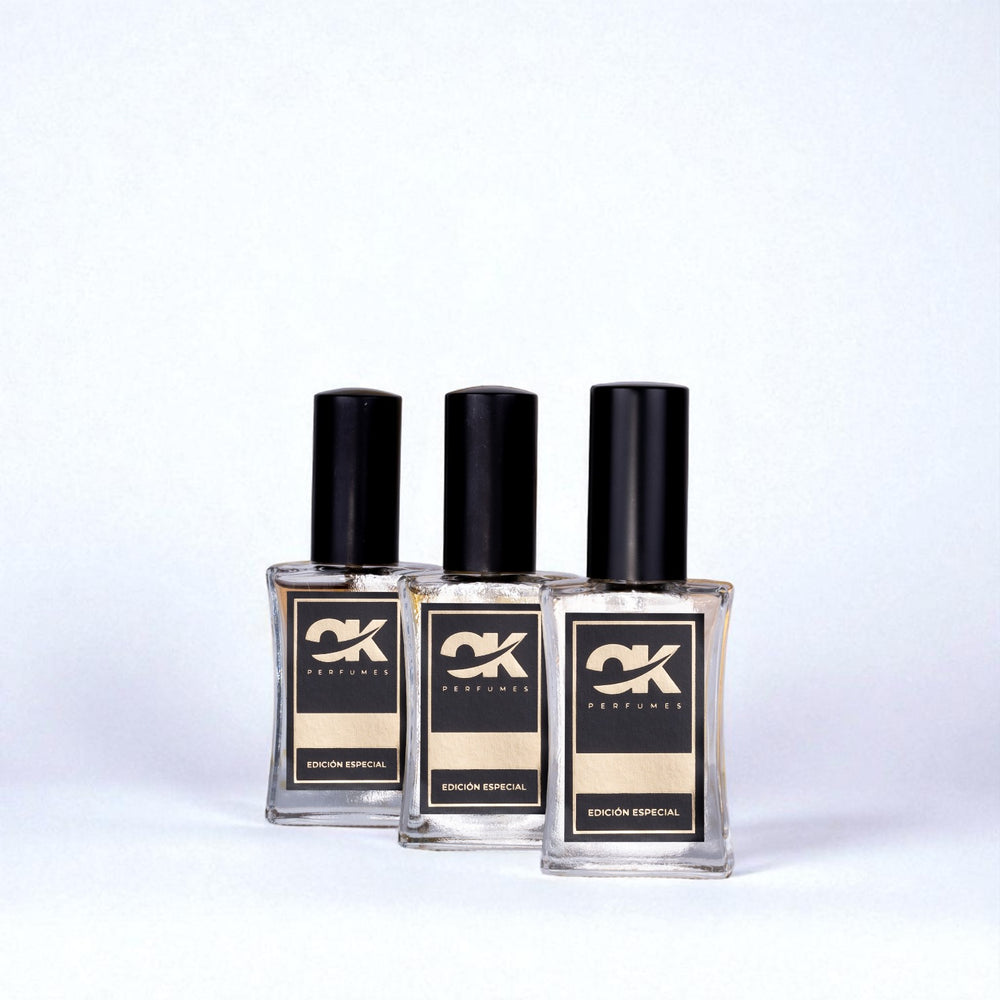The Evolution of Artisanal Perfumery: An Aromatic Journey
Perfumery has come a long way over the years, evolving from simple blends of essential oils to complex creations that capture the very essence of nature. Today, artisanal perfumery has gained momentum, allowing aficionados to immerse themselves in a world of exquisite scents that not only represent their personality but also celebrate the story behind each fragrance. In this article, we will explore the evolution of artisanal perfumery and its impact on today's market, highlighting its relevance to the perfume industry.
The Beginnings of Perfumery
The history of perfumery dates back to ancient times, when the Mesopotamian and Egyptian civilizations began using oils and resins to create fragrances. These early perfumers used natural ingredients such as flowers, herbs, and spices. Over time, the art of creating perfumes spread to other cultures, primarily in Europe, where it began to develop into what we know today as artisanal perfumery.
The First Fragrances
In ancient Greece and Rome, fragrances were considered a luxury and reserved for the elite. The use of " Gucci Flora " and other exclusive ingredients symbolized status and wealth. Early formulas often included plant and flower extracts that were distilled in simple homes, laying the groundwork for the development of perfumery as we know it today.
The Renaissance of Artisanal Perfumery
The Renaissance brought with it new discoveries in alchemy and botany, leading to a resurgence of interest in perfume creation. During this period, fragrances became more accessible, and the concept of "aroma" became essential to everyday life. The quality of ingredients and the skill of perfumers began to differentiate, giving rise to the notion of brands and labels.
Innovations in Distillation Technologies
With the advancement of distillation technology during the 18th and 19th centuries, artisanal perfumery took a significant step forward. These new methods made it possible to extract essences from raw materials more efficiently, increasing the purity and quality of fragrances. Thus, a variety of styles and olfactory offerings began to emerge on the market.
The Natural Ingredients Revolution
Over time, the perfume industry faced a challenge: the demand for natural ingredients versus synthetic ones. While synthetic perfumes offered a wider range of scents at a reduced cost, artisanal perfumery maintained its commitment to authenticity. Today, consumers are increasingly seeking options that use natural ingredients, which has led to a renewed surge in artisanal perfumery.
The Importance of Natural Ingredients
Perfumes that use natural ingredients are preferred by many due to their authenticity and connection to nature. Ingredients such as rose, sandalwood, and lavender not only provide a sublime aroma but also have therapeutic properties. This gives each fragrance a story, adding additional value to artisanal perfumery.
Personalization in Artisanal Perfumery
Today, personalization has become a fundamental aspect of the perfume industry. Consumers want products that reflect their personality and lifestyle. As a result, artisanal perfume houses are creating personalized fragrances, enriching the customer experience and fostering brand loyalty. This unique approach allows individuals to become co-creators of their own perfumes, making the experience even more special.
Interactive Fragrance Experiences
In addition to personalization, artisanal perfume brands create interactive experiences through workshops and events where participants can learn about the art of perfumery. This type of interaction not only educates consumers but also allows them to feel a deeper connection with the products.
The Impact of Sustainability on Perfumery
Sustainability has become a key factor in all industries, including the perfume industry. Brands are responding to conscious consumer demand by adopting sustainable production practices. This includes the use of organic ingredients, recyclable packaging, and production methods that minimize environmental impact.
Beyond the Aroma: Commitment to the Planet
With growing concern for the environment, consumers are looking for brands that not only offer beautiful fragrances but also share their commitment to the planet. Artisanal perfumery has adapted to this new expectation, making sustainability a hallmark, which increases its appeal in a competitive market.
Artisanal Perfumery in the Digital World
The digital age has transformed the way consumers discover and purchase fragrances. Artisanal perfume brands are leveraging platforms like Shopify to reach broader audiences and offer products that resonate with their target market's values. This includes being present on social media, where consumers can interact directly with brands and share their experiences.
Digital Marketing Strategies
Digital marketing strategies, such as SEO and pay-per-click advertising, have evolved to help these brands stand out. By leveraging relevant keywords and engaging content, they are successfully driving traffic to their sites and creating loyal communities of fragrance enthusiasts.
The Future of Artisanal Perfumery
The future of artisanal perfumery is promising. The growing demand for unique, sustainable, and personalized products suggests that this type of perfumery will continue to flourish. With continued advancements in technology and sustainable practices, we can anticipate a new era in perfume creation that fosters creativity, diversity, and respect for nature.
The Community of Perfume Enthusiasts
Furthermore, interest in fragrance education is enriching the fragrance community. From blogs to webinars, enthusiasts are interested in learning more about scent creation, the history of fragrances, and the art of perfume design, fostering an environment of sharing and learning.
A Scent for Every Person
Ultimately, the evolution of artisanal perfumery has transformed not only the market but also the way people connect with their scents. Every fragrance tells a story, every ingredient has a meaning. The narratives behind perfume creation become a common thread that connects people. The diversity of available options allows each individual to find the scent that resonates with their essence and personality, from fresh and floral fragrances to intense and enveloping notes.
In this aromatic journey filled with history, authenticity, and creativity, artisanal perfumery continues to shine like a star in a universe of possibilities. As consumers and enthusiasts, we have the power to support and explore this exciting world, ensuring that the art of perfumery is never lost.




